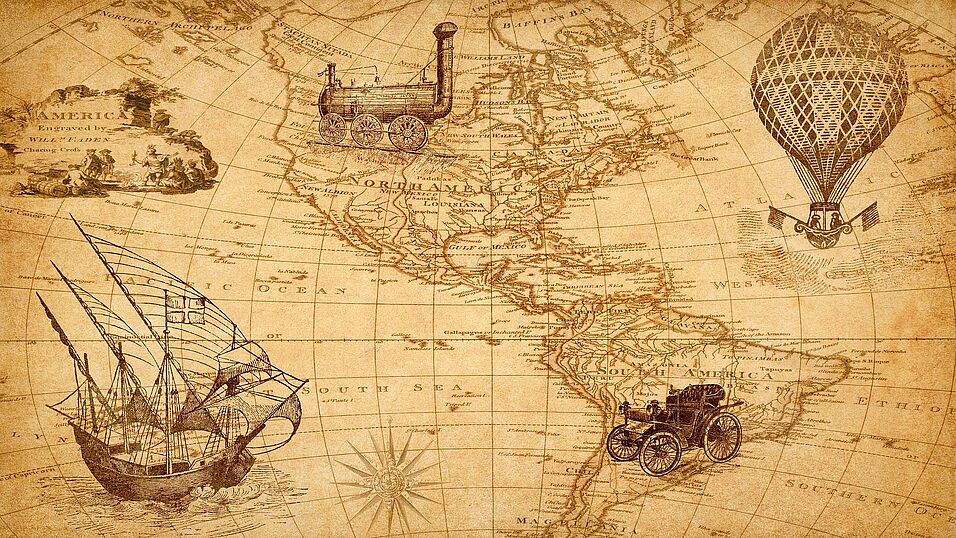The Mysterious Magnetic Sense
Using maps, compasses, and sextants, mariners in the early 1500's developed the first methods to navigate the open sea; heralding an age of exploration as humanity set sail for the horizon. Yet long before this time evolution had equipped life on the planet with a biological global positioning system that was far superior to those early navigational tools – the Magnetic Sense. While there is unequivocal behavioural evidence demonstrating that this faculty exists, it is the least understood of all senses. The location of the primary sensors, the underlying biophysical mechanisms, and the neurological basis of the sense are unknown. Currently, there are three ideas that aim to explain how magnetosensation might work: (1) a light sensitive radical pair based model; (2) magnetite based magnetoreception; and (3) electromagnetic induction. In this lecture I will present our work that has tested the magnetite theory of magnetosensation, a concept that argues that small crystals of the iron oxide magnetite act as an intracellular compass transducing magnetic information into a neuronal impulse. I will challenge the existence of a magnetic sense system in the beak of birds, report on our discovery of an iron-rich organelle in avian hair cells, describe our in vivo assay that assesses magnetically induced neuronal activation, and outline our recently established whole brain clearing experiments. In short, I will tell you about our search for the mysterious magnetosensors.
About the speaker
David Keays graduated from the University of Queensland in Science and Law and performed his Master's at the University of Melbourne on venomous cone snails. He embarked on a doctorate at the University of Oxford, during this time he studied the causal relations of mutations in the alpha tubular gene TUBA1A and the neuronal migration defects in mice and humans.
In 2008 he joined the Institute of Molecular Pathology and added the cellular and molecular basis of magneto receptors to his research portfolio. David Keays has received several prizes: Otto Loewi Prize in Neuroscience (2015), ERC Grant (2013, FWF START Prize (2013), EMBO Young Investigator Award (2013) and more.

